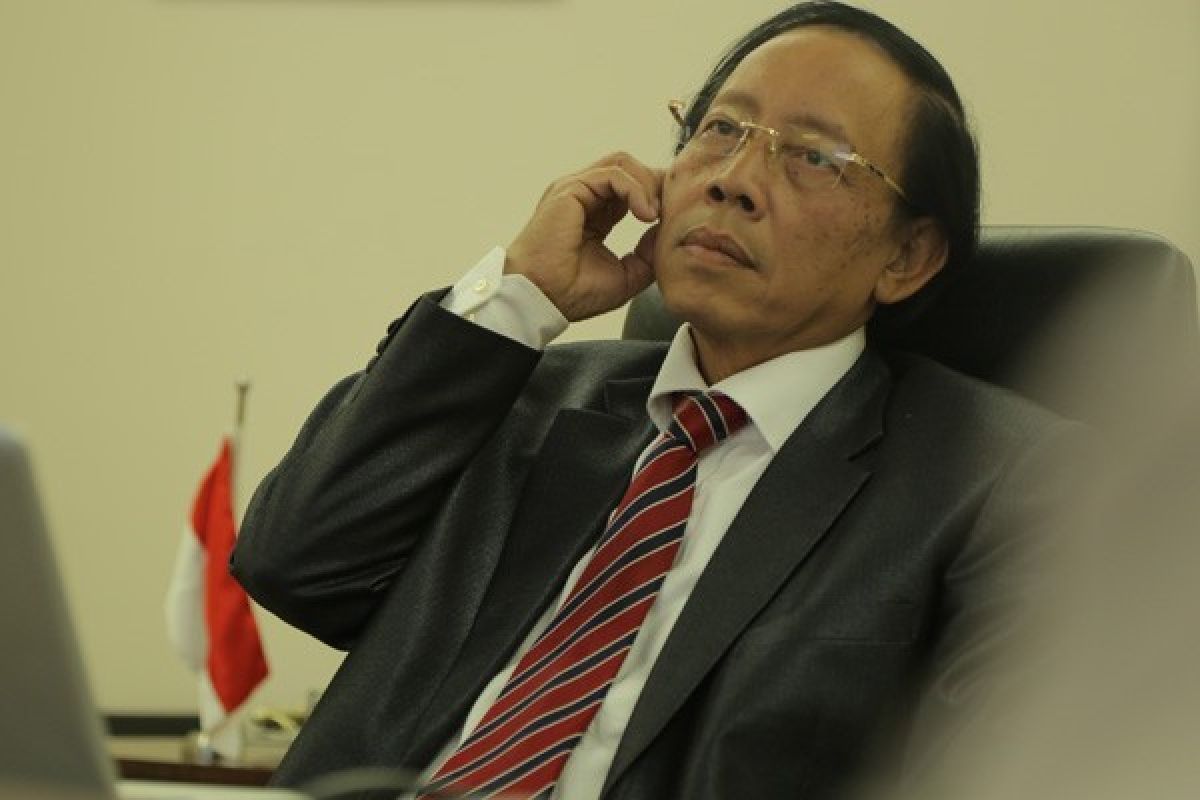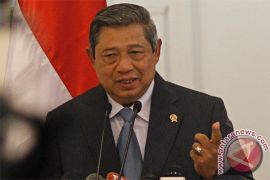At the opening of the seminar in Jakarta, Ambassador Djoko explained the history of the conflict in Syria that began with a wave of protests known as Arab Spring in Tunisia, Egypt and Libya.
"The Arab Spring scenario then spread to Syria with the aim of bringing down the government of President Bashar Al Assad," the ambassador said.
The ambassador stressed that all information presented at the seminar was a fact which he obtained as a representative of Indonesia in Syria.
"There is nothing I subtract and add. What I say is the fact that I got directly during my serving time as Indonesian Ambassador to Syria. Sweet or bitter is a fact, without any tendency to support certain parties," he stressed.
According to the ambassador, the demands for democratization in Syria changed after it was found that demonstrators were carrying weapons in the Dar`aa region.
Furthermore, the political situation has worsened with the intervention of various foreign groups including ISIS (the Islamic State of Iraq and Syria) and Jabhat Al Nusra which are affiliated with Al-Qaeda, as well as Western and Israeli influence.
The ambassador also stressed that the United States, European Union countries, Israel and even the Gulf countries also supported and funded the armed opposition groups.
"It is clear that the conflict in Syria is sparked by foreign parties. It is a geopolitical conflict and not a Shia-Sunni sectarian conflict," Ambassador Djoko said.
He underlined that the main task of the Indonesian Ambassador to Syria was to protect Indonesian citizens in the country.
Ahsin Mahrus, an Indonesian student in Damascus who was also the speaker at the seminar, added that when Ambassador Djoko Harjanto arrived as the Indonesian representative in Damascus, the first thing he asked was to visit an Indonesian citizen in Adra prison located in the center of the conflict area, near Ghouta.
"I remember, when I arrived in Syria, the first thing the ambassador did was to ensure the safety of the Indonesian citizens in the area. Initially, there was no staff dared to accompany him, but because of his courage he finally left for Adra wearing a bulletproof vest and helmet," Ahsin explained.
In 2015 the ambassador also tried to penetrate Aleppo to ensure the condition of Indonesian citizens and the evacuation process.
Peaceful Syria
Meanwhile, the Ad Interim of the Syrian Embassy in Jakarta, Dr. Ziyad Zahrudin, who was also present as a speaker, confirmed Ambassador Djoko`s statement.
"I don`t need to talk much, what Ambassador Djoko has said is true. The war has been going on for more than seven years. All kind of ways have been carried out by the enemy to make Syria divided," he said.
On the same occasion, a mufti from Damascus who was also the Chair of the National Reconciliation Council, Sheikh Dr. Adnan Al Afyouni said the Syrian people were heterogeneous society and had lived side by side peacefully.
"Since more than 1,400 years the Syrians have been a non-homogeneous society, but they live peacefully. All religions in Syria teach norms and encourage people to live in harmony and unity," he said.
The current conflict is mainly triggered by the interests of several countries over Syria, including those related to its natural wealth, such as natural gas. On the other hand, the excessive fear of Israel of security threats to its territory is also among the interests.
"Before the war broke out, the Syrian people lived in prosperity as the government guaranteed security, basic needs, health and even free education. If the guarantee of basic needs, health and education, and security has been fulfilled, the only gap that can be used to make conflict is religion," Sheikh Adnan explained.
He advised that all Indonesian people, who according to him are considered as brothers, must adhere to national unity.
"The interests of the state are above all, the interests of the state are above our feelings and emotions," he said.
Seven years of war in Syria have torn families apart, destroyed innocent lives and shattered dreams.
There are more than 5.5 million Syrian refugees and more than 6 million people trapped inside Syria, according to the UN refugee agency, UNHCR.
Editing by Fardah
Reporter: Libertina W. Ambari
Editor: Andi Abdussalam
Copyright © ANTARA 2018








